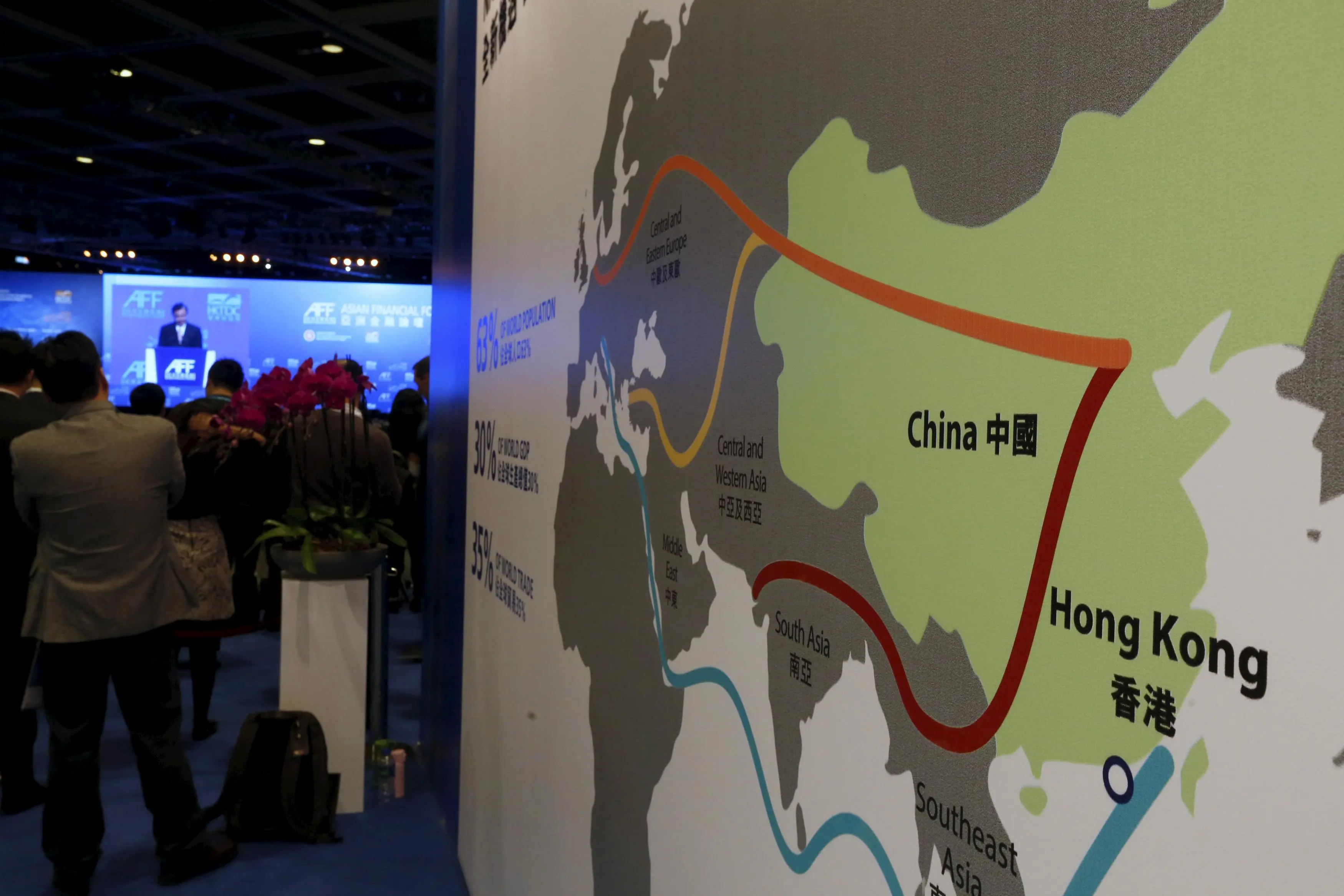PHOTO
The strategy for Tunisia's integration into the new Silk Road is based on a set of fundamentals including diplomatic and consular relations, infrastructure, relations in the transport and tourism sectors, and in particular investment.
The strategy, the result of a study prepared by the Arab Institute of Business Leaders (IACE) on the occasion of the 5th edition of "Tunis forum 2017" held Friday on the theme "Tunisia-China: A partnership for the future ", called for combating the illicit practices of making false declarations (false quantities, false prices and tariffs) and reviewing technical standards without turning them into non-tariff barriers.
In terms of investment, it was recommended to facilitate the installation of Chinese industrialists near the port of Zarzis to manufacture both for the local market and for export and accompany the Tunisians in the acquisition of Chinese equipment.
For infrastructure, the strategy recommended to involve, in the short term, the Chinese side in the achievement of the deep water port of Enfidha and the bridge of Bizerte.
It also proposed, in the long term, to involve China in the construction of the cable car linking Ain Drahem to Tabarka and to the extension and renovation of the rail network (Gabes, Tunisian-Libyan border).
Referring to the development of relations in the transport sector, the strategy recommended the establishment of a direct (twice-weekly) link to operate between Tunisair and China Southern Airlines and able to set up the E-Visa procedure.
With regard to the tourism sector, the strategy intends to include Tunisia in the European organised circuits offered by tour operators and the introduction of the electronic payment methods used by the Chinese to encourage the major Chinese hotel chains to form partnerships with Tunisian partners, in particular, in Djerba.
In order to boost Tunisian-Chinese diplomatic relations, the strategy advocates the long-term strengthening of Tunisia's diplomatic and consular presence in China and the establishment of relations with the Chinese provinces and not only with the central government.
It recommended Tunisia's presence on the Hong Kong financial centre.
The study presented indicated that the Tunisian balance of trade suffers from a chronic deficit with an amount which reached, during the first five years 2017, 6.475 million dinars (MD).
80% of this deficit is concentrated in ten countries with the leading group of China, Russia and Turkey, which account for 52% of the deficit.
For the year 2015, trade between Tunisia and China registered a deficit of about 3.263 MD, accounting for almost a third of the trade deficit.
Exports to China represent only 0.2% of Tunisian exports.
Tunisian imports from China represented 8.4% of Tunisia's total imports, with a clear predominance of electrical machinery, equipment and equipment (56%) and fairly balanced between metals and metalwork (10%) and textiles and textile fabrics (10%).
© Tunis-Afrique Presse 2017





















